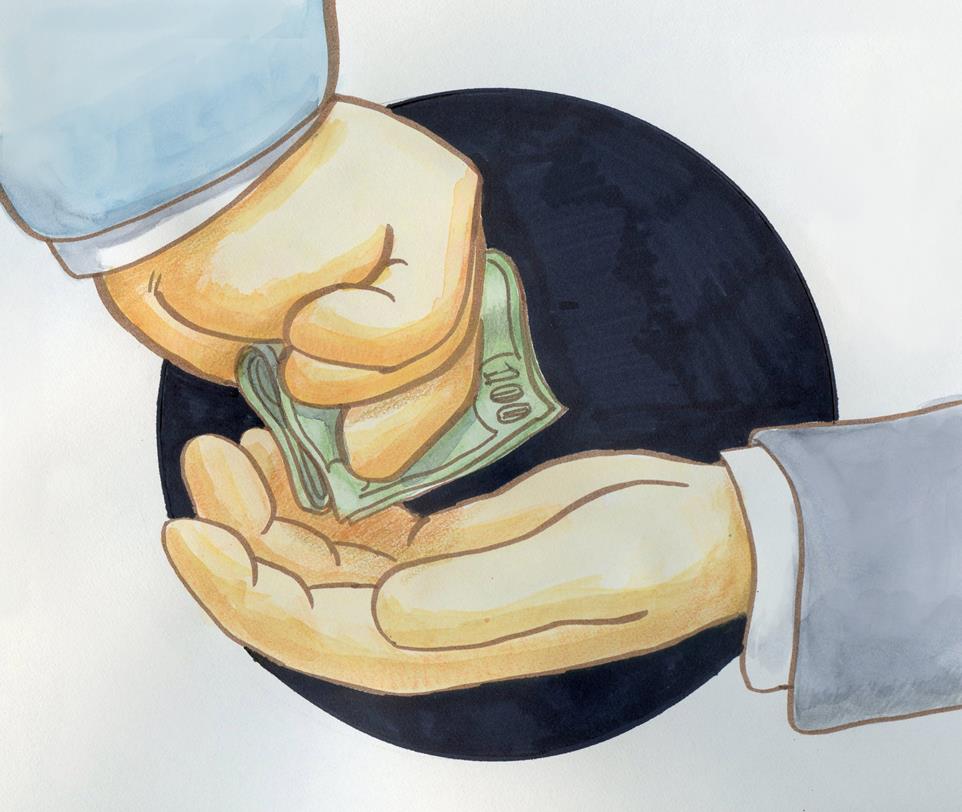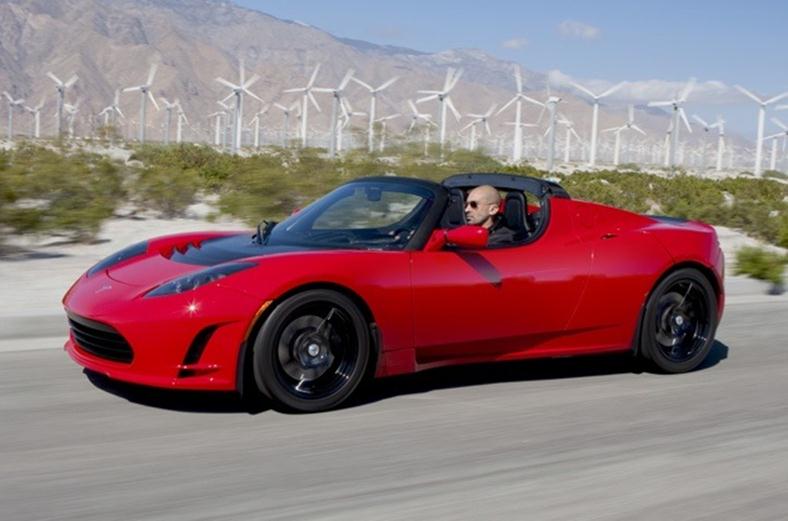The State Of The Youth Labour Force
June 5, 2012 in Daily Bulletin

Jane Wells reported on some fascinating statistics about those youths who are just joining the labour market:
- 3% of recent college graduates say that their parents sat with them during interviews with employers.
- Boys are more likely than girls to ask for help from parents in finding a job.
- 12% of them say that they wouldn’t work somewhere that didn’t let them check Facebook or Twitter.
- 5% said that they wouldn’t take a job where they weren’t allowed to shop online or check sports scores.
To read many more interesting statistics, including how many need a workplace that allows personal phone calls, what they expect in terms of health benefits and job security, what percentage had their parents drive them to job interviews, how many have their parents cover some or all of their living expenses, and the 58% that seem to have more realistic expectations, click here.
Source: USA Today
Via: Marginal Revolution

















Join the Discussion! (No Signup Required)